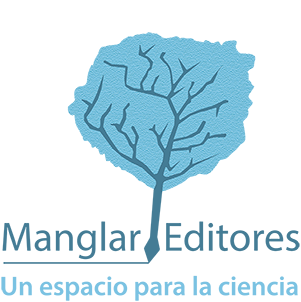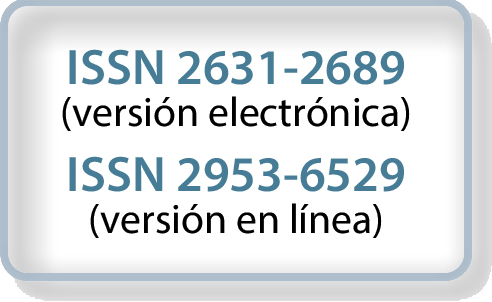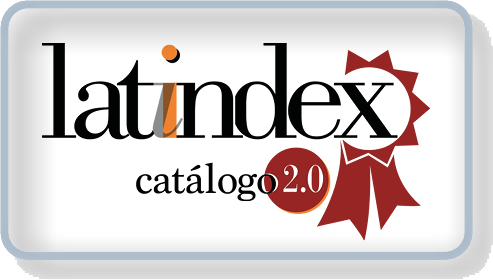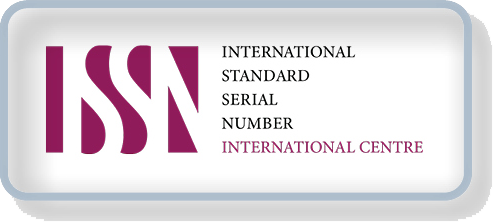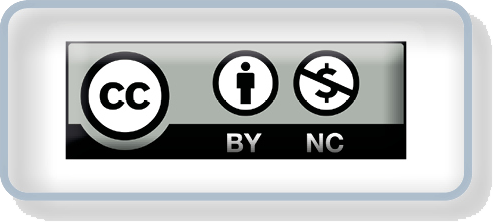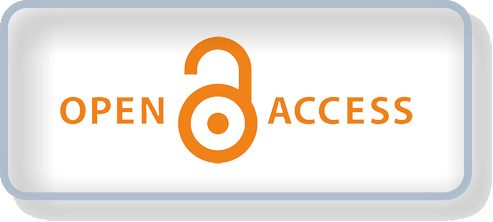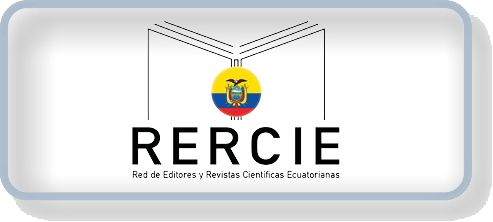Publicar o perecer en la era de la IA: ¿un nuevo desafío para los académicos?
DOI:
https://doi.org/10.64736/ueplc.2025.v8.n1.edPalabras clave:
autor, evaluación del docente, ética en la ciencia, publicación científica, inteligencia artificial, edición, pensamientoResumen
Se analiza la presión académica impuesta por el modelo publish or perish, que ha convertido la productividad en un indicador de éxito profesional, generando efectos negativos sobre la ética, la docencia y el bienestar del profesorado. Asimismo, aborda el impacto de la inteligencia artificial en la producción científica y los desafíos éticos asociados a la autoría y la autenticidad del conocimiento. A partir de la propuesta de certificación Human Authored, se plantea la necesidad de promover un equilibrio entre innovación tecnológica, ética investigativa e integridad académica en la educación superior.
Descargas
Referencias
Authors Guild. (2025, January 29). Authors Guild launches ‘Human Authored’ certification to preserve authenticity in literature [Press Releases]. https://tinyurl.com/2v2pxak2
Baldwin, T. L. (2008, July 20-24). Publish or perish: An evaluation of the quality, quantity, ethics and review process of IEEE/PES: Advanced technology for assisting the review process. In 2008 IEEE Power and Energy Society General Meeting - Conversion and Delivery of Electrical Energy in the 21st Century. IEEE. https://doi.org/10.1109/PES.2008.4596777
Çakir, A., Kuyurtar, D., & Balyer, A. (2024). The effects of the publish or perish culture on publications in the field of educational administration in Türkiye. Social Sciences & Humanities Open, 9, 100817. https://doi.org/10.1016/j.ssaho.2024.100817
Camargo, L. M., Smirnov, M., & Maldonado, I. L. (2023). The prey's perspective on the rise of predatory publishing. EXCLI Journal, 22, 904–906. https://doi.org/10.17179/excli2023-6392
Chandra, A., & Dasgupta, S. (2024). Predatory journals: What the researchers and authors should know. The American Journal of Medicine, 137(6), 470-472. https://doi.org/10.1016/j.amjmed.2024.02.015
Delgado, E. (2023, 19 de diciembre). Ansiedad, estrés y depresión en la universidad española: efectos de la presión por publicar inducida por el sistema de evaluación científica. Unelibros. https://tinyurl.com/37v7utwd
Elbadawi, M., Li, H., Basit, A. W., & Gaisford, S. (2024, March). The role of artificial intelligence in generating original scientific research. International Journal of Pharmaceutics, 652, 123741. https://doi.org/10.1016/j.ijpharm.2023.123741
Grech, V. (2022). Publish or perish, information overload, and journal impact factors - A conflicting tripod of forces. Saudi Journal of Anaesthesia, 16(2), 204–207. https://doi.org/10.4103/sja.sja_632_21
Kim, H.-Y., & McGill, A. L. (2024). AI-induced dehumanization. Journal of Consumer Psychology, 00, 1–19. https://doi.org/10.1002/jcpy.1441
Kozlov, M. (2024, August 1). ‘Publish or Perish’ is now a card game — not just an academic’s life. Nature News. https://tinyurl.com/4hrpbcxp
Levy, A. (2025). How academia’s ‘lone wolf’ culture is harming researcher mental health. Nature. https://doi.org/10.1038/d41586-025-00603-4
Naz, F., Kumar, A., Agrawal, R., Garza-Reyes, J. A., Majumdar, A., & Chokshi, H. (2023). Artificial intelligence as an enabler of quick and effective production repurposing: an exploratory review and future research propositions. Production Planning & Control, 35(16), 2154–2177. https://doi.org/10.1080/09537287.2023.2248947
Rawat, S., & Meena, S. (2014). Publish or perish: Where are we heading? Journal of Research in Medical Sciences, 19(2), 87–89. https://pmc.ncbi.nlm.nih.gov/articles/PMC3999612/
Sabagh, Z., & Moshtari, M. (2025, January 25). The unintended consequences of a quantitative, centralized faculty promotion system: Empirical evidence from a developing country. Higher Education. https://doi.org/10.1007/s10734-024-01391-y
Sahel, J. A. (2011). Quality versus quantity: Assessing individual research performance. Science Translational Medicine, 3(84). https://doi.org/10.1126/scitranslmed.3002249
Vieriu, A. M., & Petrea, G. (2025). The impact of artificial intelligence (AI) on students’ academic development. Education Sciences, 15(3), 343. https://doi.org/10.3390/educsci15030343
Wieringa, M. S., Müller, B. C. N., Bijlstra, G., & Bosse, T. (2024). Robots are both anthropomorphized and dehumanized when harmed intentionally. Communications Psychology, 2, Article 72. https://doi.org/10.1038/s44271-024-00116-2
Zhai, C., Wibowo, S., & Li, L. D. (2024). The effects of over-reliance on AI dialogue systems on students' cognitive abilities: A systematic review. Smart Learning Environments, 11, Article 28. https://doi.org/10.1186/s40561-024-00316-7
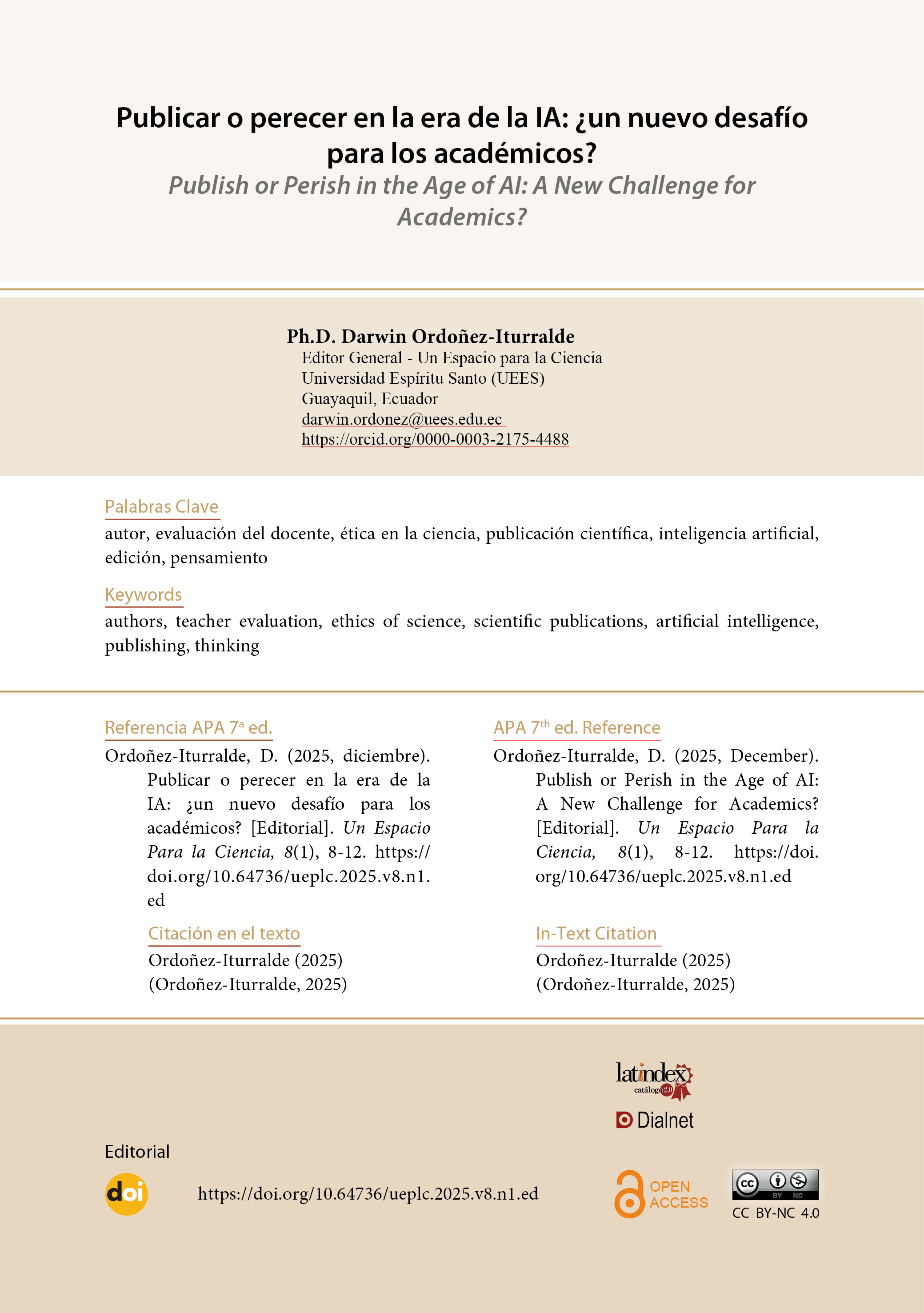
Descargas
Publicado
Número
Sección
Licencia
Derechos de autor 2025 Ph. D. Darwin Ordoñez-Iturralde

Esta obra está bajo una licencia internacional Creative Commons Atribución-NoComercial 4.0.
Los autores de las contribuciones que sean seleccionadas para su publicación la revista científica multidisciplinaria Un Espacio para la Ciencia, conservan sus derechos de autor, sin embargo a través de la publicación, permiten la difusión del contenido de los trabajos que envían a la editorial bajo la licencia Creative Commons 4.0.





